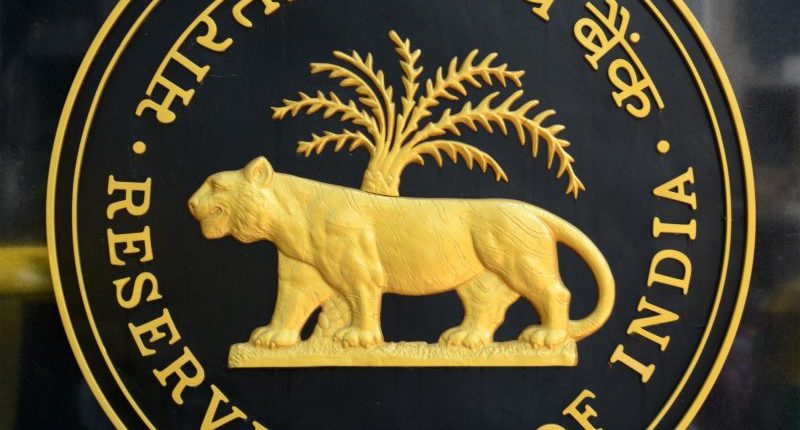Are you looking for an investment that keeps up with inflation? Do you want an investment that outperforms bank fixed deposits? You can invest in RBI’s inflation-indexed bonds to get returns that match rising inflation in India.
The Wholesale Price Index (WPI) represents the wholesale price of a basket of goods. Wholesale inflation spiked to a 12-year high of 14.23% in November 2021 because of rising food and fuel prices. Moreover, the Consumer Price Index CPI measures retail inflation, which moved up to 4.91% year-on-year in November because of rising vegetable prices. As high inflation is here to stay, RBI examines the demand for inflation-indexed bonds, which help investors get real returns.
What is the Wholesale Price Index and Consumer Price Index?
The Wholesale Price Index (WPI) and Consumer Price Index (CPI) are popular indexes to calculate inflation in India. It helps to understand that WPI measures factory gate or mandi level inflation. However, WPI has limitations as it doesn’t account for a change in the price of services.
The CPI measures retail inflation through the change in common goods and services prices. Moreover, CPI is India’s widely tracked inflation index, with RBI heavily focused on this index.
RBI has set the tolerance level between 2%-6% for the Consumer Price Index. It helps to understand that CPI at 4.91% year-on-year in November is within the tolerance limit. However, the price of services could rise over the next two years because of social distancing practices and local lockdowns.
What are Inflation-Indexed Bonds?
You can invest in inflation-indexed bonds (IIB) if you seek protection against inflation. Government security issued by the RBI offers inflation-protected returns to investors.
The bond’s principal amount is linked to the inflation rate, which is the WPI rate. Moreover, these bonds have a fixed interest rate applied to the inflation-adjusted principal on every interest payment date.
You get the higher of the bond’s face value or the inflation-adjusted principal, which means the principal and the interest amount are adjusted for inflation on maturity.
Why did RBI buy back Inflation-Indexed Bonds?
RBI issued Inflation-Indexed Bonds, which were indexed to the Wholesale Price Index. However, RBI later shifted its focus to the Consumer Price Index to target inflation.
As IIBs were indexed to the Wholesale Price Index, many investors lost interest in these bonds. RBI was forced to buy back these bonds because the change in focus towards CPI made WPI-indexed bonds illiquid.
Should RBI introduce CPI indexed bonds?
Next year, many investors expect a rate hike as India struggles to control rising inflation. You could expect CPI inflation at around 5%-5.5% next year.
It helps if RBI introduces CPI indexed bonds instead of the WPI indexed bonds to help retail investors get real returns. For instance, the real return shows you the returns from an investment after accounting for inflation and taxes.
Retail investors and life insurance companies will invest in CPI indexed bonds as people demand higher interest rates on their investments.
Financial experts believe that ordinary investors will invest in inflation-linked bonds as the focus shifts towards government securities. However, a senior banker recommends that RBI introduce inflation-linked bank deposits, encouraging people to save more during inflationary times.
For any clarifications/feedback on the topic, please contact the writer at cleyon.dsouza@cleartax.in

I write to make complicated financial topics, simple. Writing is my passion and I believe if you find the right words, it’s simple.





